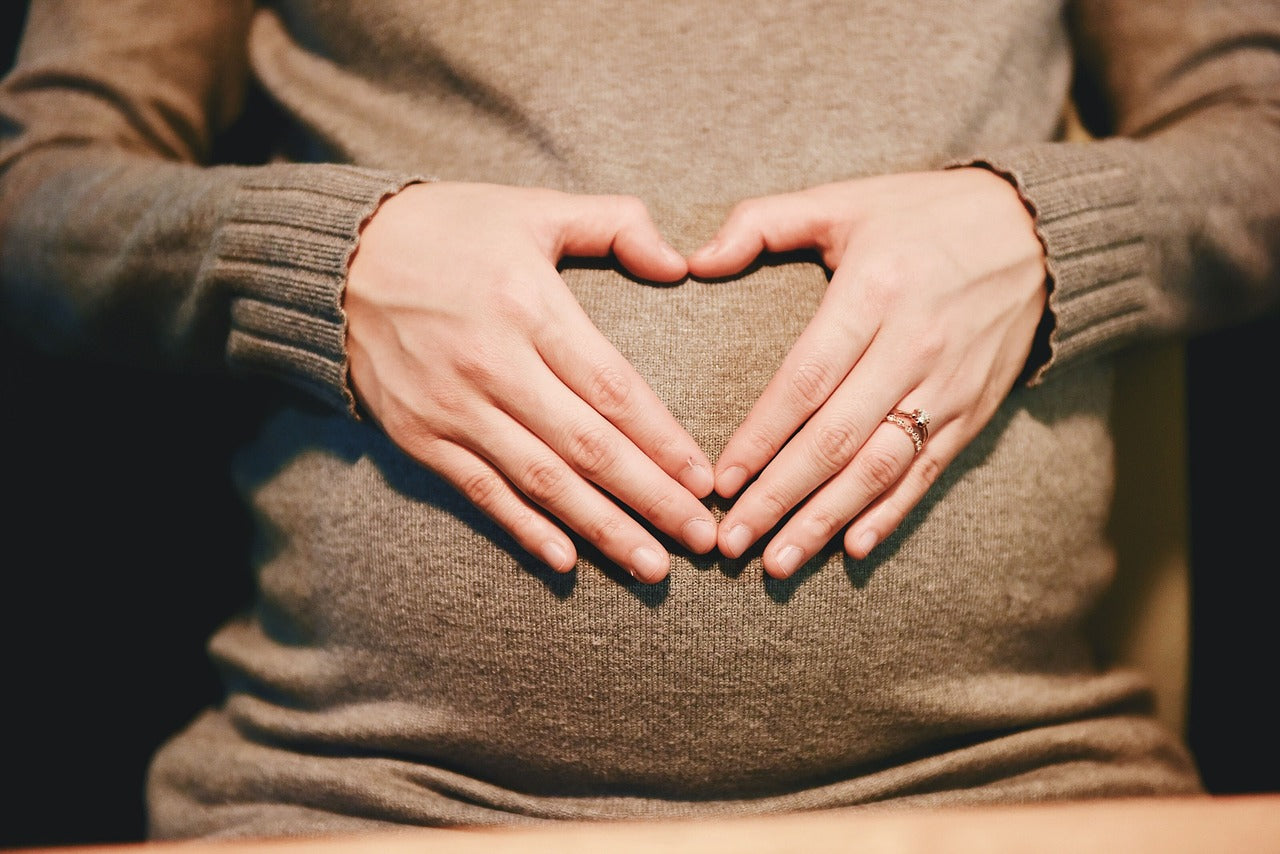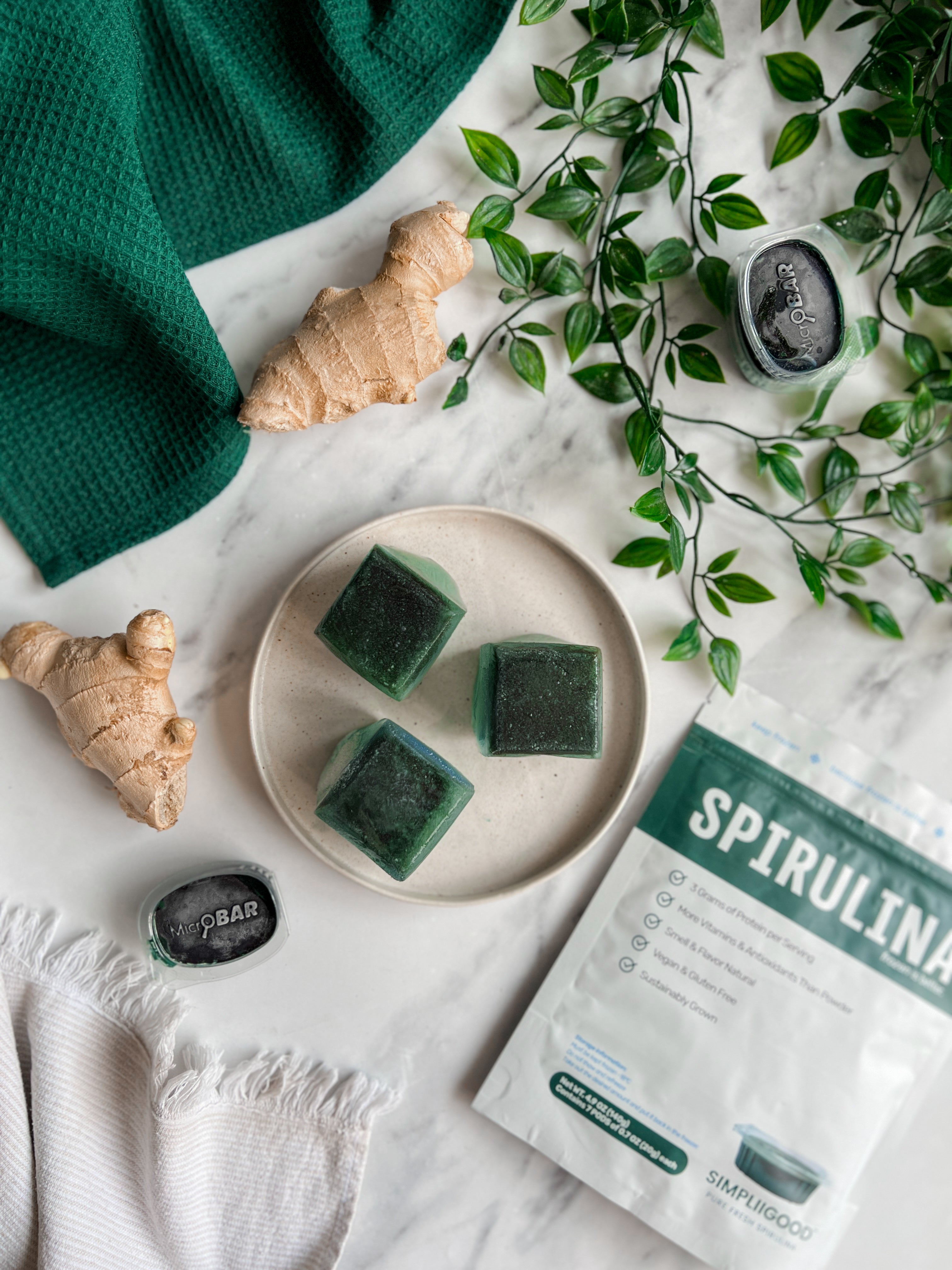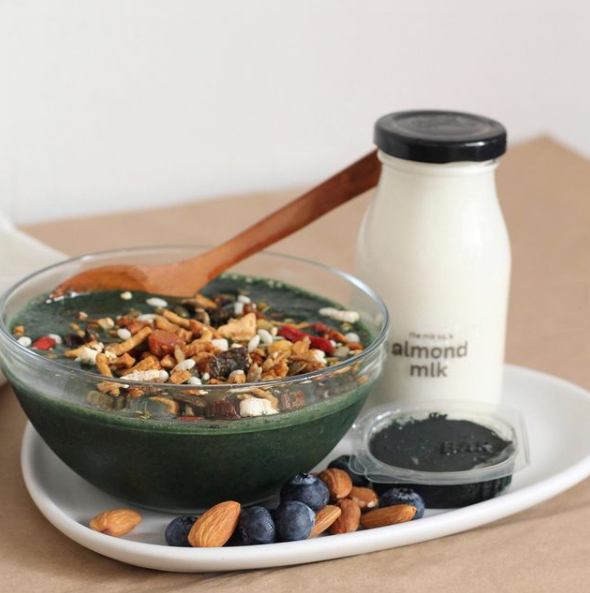
Is Spirulina Safe During Pregnancy?
Spirulina, a type of blue-green algae, has gained popularity in recent years as a nutritional supplement due to its high content of proteins, vitamins, minerals, and antioxidants. Many health-conscious individuals, including pregnant women, are curious about whether this superfood can be beneficial or harmful during pregnancy. Pregnancy is a sensitive time when expecting mothers must be cautious about what they consume, making it essential to evaluate the safety of spirulina in this context.
This article delves into the benefits, potential risks, and the current scientific understanding of whether spirulina is safe during pregnancy.
What Is Spirulina?
Spirulina is a type of cyanobacteria, commonly referred to as blue-green algae, found in both saltwater and freshwater environments. Rich in nutrients such as protein, vitamins (especially B12), iron, and essential fatty acids, spirulina has been used as a food source for centuries. It is available in various forms including powder, tablets, and capsules, making it easy to incorporate into diets.
Nutritional Benefits of Spirulina
Spirulina contains several nutrients that are particularly beneficial during pregnancy, including:
- Protein: Spirulina is a complete protein, meaning it contains all nine essential amino acids required by the body.
- Iron: Iron is crucial during pregnancy to prevent anemia and ensure proper oxygen delivery to the fetus. Spirulina is a rich source of bioavailable iron, which can help boost hemoglobin levels.
- B Vitamins: Spirulina is high in B vitamins, particularly B1, B2, and B12. These vitamins play a role in energy production, the nervous system, and fetal brain development.
- Antioxidants: Spirulina is loaded with antioxidants, such as phycocyanin and beta-carotene, which help reduce inflammation and oxidative stress during pregnancy.
- Essential Fatty Acids: Spirulina contains gamma-linolenic acid (GLA), a fatty acid that supports brain development in the fetus.
Given these benefits, spirulina might seem like an ideal supplement for pregnant women. However, it's crucial to weigh these advantages against potential risks.
Is Spirulina Safe During Pregnancy?
The safety of spirulina during pregnancy is still a topic of debate. While spirulina is generally regarded as safe for most people, there are some specific considerations for pregnant women.
- Potential for Heavy Metal Contamination: Spirulina is grown in water, and if the water is contaminated, spirulina can absorb heavy metals like lead, mercury, and arsenic. These toxins can be harmful to both the mother and the developing fetus, potentially leading to developmental problems.
Solution: If you choose to consume spirulina during pregnancy, it’s important to select a high-quality, certified organic brand that guarantees testing for contaminants.
- Immune-Stimulating Effects: Spirulina is known for its immune-boosting properties. While this is generally seen as a positive effect, pregnancy is a time when the immune system is naturally suppressed to prevent the body from rejecting the fetus. There’s a theoretical concern that spirulina could overstimulate the immune system during pregnancy, although there is no strong evidence to support this claim.
- Allergic Reactions: Some people may be allergic to spirulina. Symptoms can include nausea, vomiting, skin rashes, or even anaphylactic reactions. Pregnant women with pre-existing allergies or sensitivities should be cautious when introducing spirulina into their diet.
- Iodine Levels: Some types of spirulina contain significant amounts of iodine, which can affect thyroid function. Pregnant women with thyroid disorders, such as hyperthyroidism, should be cautious as excessive iodine intake can exacerbate these conditions.
What Do Experts Say?
Research on spirulina and pregnancy is limited. However, the available studies suggest that spirulina may have benefits when used in moderation and from safe, reliable sources. A 2018 study on pregnant rats indicated that spirulina supplementation positively impacted maternal health and fetal development, showing promise for human applications. Yet, these findings have not been thoroughly confirmed in human studies, and more research is necessary to determine the full scope of its safety during pregnancy.
The American Pregnancy Association advises caution and suggests consulting with a healthcare provider before adding spirulina or any other supplement to your diet during pregnancy. Likewise, many obstetricians recommend erring on the side of caution, especially due to the potential risks of contamination and the lack of extensive research in human pregnancy.
Benefits of Spirulina in Pregnancy
Despite the caution, spirulina may offer several potential benefits during pregnancy:
- Nutritional Support: Spirulina can provide a natural source of essential vitamins and minerals that are important for both the mother and the developing fetus.
- Prevention of Anemia: Due to its high iron content, spirulina could help prevent iron deficiency anemia, a common issue during pregnancy.
- Antioxidant Support: Spirulina’s rich antioxidant profile can help reduce oxidative stress, which is important for preventing pregnancy complications like preeclampsia.
FAQs About Spirulina and Pregnancy
Can I take spirulina supplements while pregnant?
It is generally recommended to consult with your healthcare provider before taking spirulina during pregnancy to ensure it is safe for you and your baby.
Does spirulina prevent anemia in pregnancy?
Spirulina is rich in iron and may help in preventing iron deficiency anemia, but it should be taken with caution and under medical supervision.
Are there any risks of spirulina during pregnancy?
The main risks associated with spirulina during pregnancy are heavy metal contamination and the potential for allergic reactions. It's also important to avoid overstimulation of the immune system.
How much spirulina should I take during pregnancy
There are no established guidelines for spirulina dosage during pregnancy. It is essential to follow your healthcare provider's advice regarding supplementation.
Is spirulina safe during breastfeeding?
Similar to pregnancy, spirulina may be safe during breastfeeding if sourced from reputable, toxin-free producers. Always consult your healthcare provider before starting any new supplement while breastfeeding.
Conclusion
While spirulina has many potential health benefits, pregnant women should approach its use with caution. The risk of heavy metal contamination, immune system concerns, and limited research on its effects during pregnancy make it crucial to consult with a healthcare provider before taking spirulina supplements. Opting for a high-quality, certified organic brand is essential if you choose to include spirulina in your prenatal diet.
Spirulina can offer important nutrients such as protein, iron, and antioxidants, which are beneficial during pregnancy. However, safety should always come first, and the supplement should only be used with medical guidance.
Table: Benefits and Risks of Spirulina During Pregnancy
| Details | Risk | Benefit | Details |
| Spirulina can absorb toxins like lead and mercury from contaminated water |
Heavy metal contamination | Spirulina is a complete protein, providing all | Rich in protein essential amino acids necessary for fetal growth |
| May overstimulate the immune system, although more research is needed | Immune-stimulating properties | Helps to prevent iron deficiency anemia ,a common | High in iron issue during pregnancy. |
| Can cause nausea, rashes, or even anaphylaxis in sensitive individuals | Allergic reactions | Contains B vitamins development. | Supports energy levels and fetal brain. |
| Excess iodine can affect thyroid function, especially in women with thyroid disorders | High iodine content | Protect against oxidative stress and inflammation | Antioxidants |
| Contributes to brain development in the fetus | Essential fatty acids |
|
Details |
Risk |
|
Spirulina can absorb toxins like lead and mercury from contaminated water |
Heavy metal contamination |
|
May overstimulate the immune system, although more research is needed |
Immune-stimulating properties |
|
Can cause nausea, rashes, or even anaphylaxis in sensitive individuals |
Allergic reactions |
|
Excess iodine can affect thyroid function, especially in women with thyroid disorders |
High iodine content |
Additional Resources:
For more information on spirulina and pregnancy, visit the American Pregnancy Association


